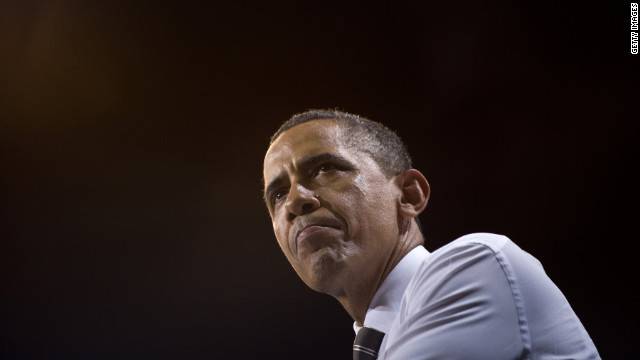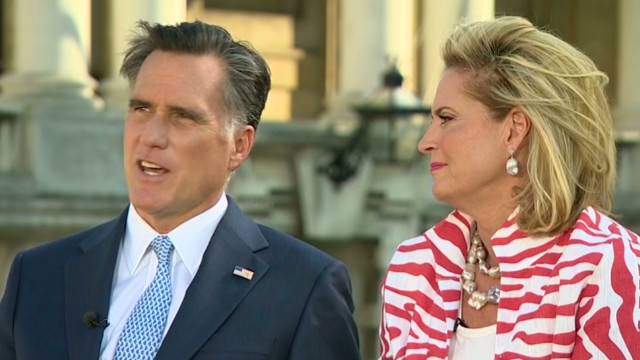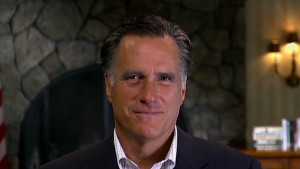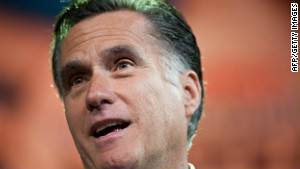Kichuguu
Platinum Member
- Oct 11, 2006
- 15,498
- 19,339
At this time (April 24,2012), it is obvious that the next US president will be either Barack Obama or Mitt Romney. Here at JF, we have a tradition of following up these election activities both at home and abroad, so I am opening this thread to start tracking the electoral politics of the United States for the year 2012. There are many lessons to learn out of this process: both useful and useless. I expect Obama to clarify and defend his record, lay out his vision for America and make promises, and I expect Romney to also clarify and attack Obama's record, lay his own vision for America and to also make his own promises.
The music starts now, and I guess you don't want to be the one left without a seat when the music stops!
Let me start with an obvious question although its answer at this time will merely be conjectural: between Obama and Romney, who is likely to win the next US presidency, and why?
The music starts now, and I guess you don't want to be the one left without a seat when the music stops!
Let me start with an obvious question although its answer at this time will merely be conjectural: between Obama and Romney, who is likely to win the next US presidency, and why?







